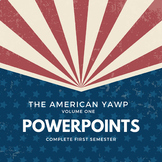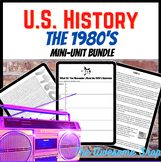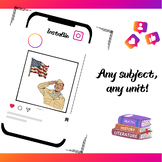European history Common Core SL.9-10.1d resources
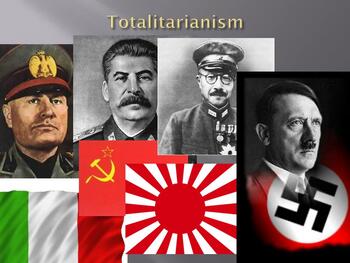
Autopsy: Totalitarianism State (1919-1939)
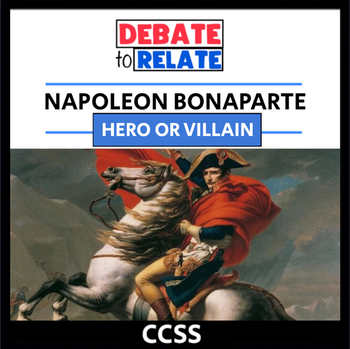
Napoleon Debate: Hero or Villain? Noble Leader or Corrupt Tyrant? - CCSS
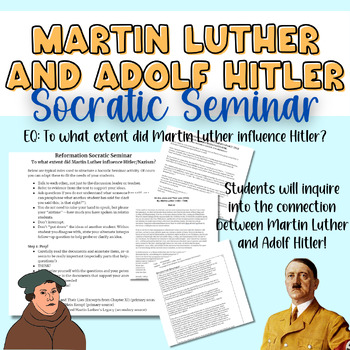
Socratic Seminar: Martin Luther & Adolf Hitler
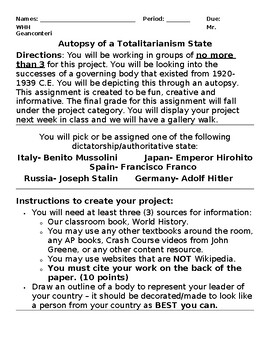
Autopsy: Totalitarianism State, Part 1
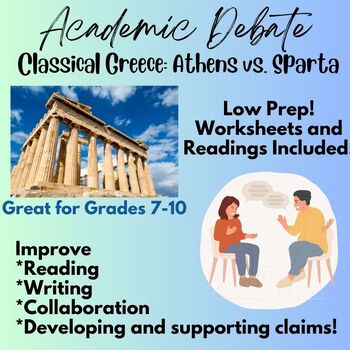
Academic Debate: Classical Greece Athens Vs. Sparta (Low prep!)
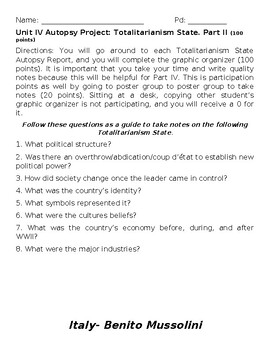
Autopsy: Totalitarianism State, Part II and III
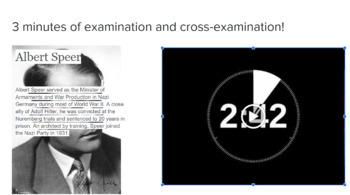
Nuremberg Trials- Mock Trial Simulation
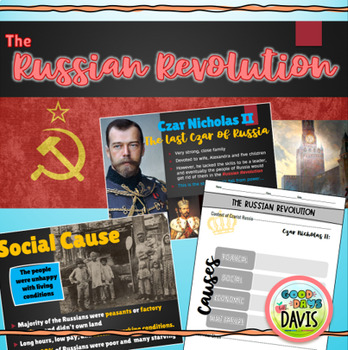
Introduction to the Russian Revolution
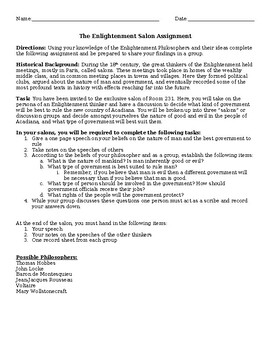
Enlightenment Salon Project
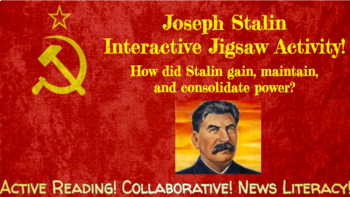
Joseph Stalin: Collaborative Literacy Jigsaw Activity!
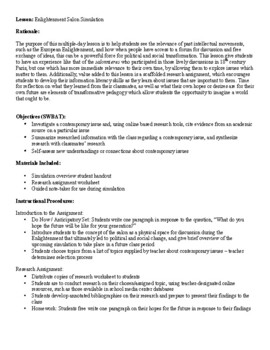
Enlightenment Salon Simulation Lesson
Find European History resources | TPT
Take your students on a journey through European history with TPT! If you’re an educator or parent looking for printable or digital resources to help your student learn about European history, we’ve got you covered. Whether you’re teaching about the Renaissance, the Age of Exploration, or the World Wars, there are plenty of high-quality TPT resources at your fingertips to teach European history to your students.
European history activities to try
Here are a few examples of the different types of activities and lessons you can find on TPT to help teach students about European history:
Centers & Stations
Through the use of centers, students can collaborate and discuss topics and content they examine for various eras in European history. For example, you could have students navigate through a handful of centers or stations to help them learn about different elements of the Renaissance period, including influential cities, leaders, and artists. Or, to help them learn about the key figures and milestones of the French Revolution.
Map Making
With map-making activities you can not only teach students about European history, but also incorporate geography into your lessons. As they label and color maps, students can learn about important places in Europe and how European countries have expanded (and fallen) over time. For example, you could have students make maps of Europe before and after World War I to identify how the conflict impacted Europe.
Primary Source Analysis
One of the best ways to learn about European history is through historical documents, letters, diaries, art, and literature. Encourage students to use these firsthand accounts to gain a deeper understanding about European people and events. For instance, you can have students read excerpts from the works of Enlightenment philosophers — like Mary Wollstonecraft — and how they contributed to the political thinking of the time.
Research Projects
Have students research and present on a specific topic of European history, like the Age of Exploration. For example, ask students to choose a famous European Explorer to research, and have them write a short biography of that person or create a short video or presentation about their achievements and legacy.
Frequently asked questions for teaching European history
What is taught in European history?
In European history courses, students are taught about the cultural, economic, political, and social milestones that shaped Europe from the Middle Ages until the present.
What types of European History resources are available on TPT?
There are many different types of European history resources sold by Sellers on TPT — from interactive notebooks to gallery walks.
How do I find European history resources on TPT?
Educators can save time preparing European history lessons with resources created by experienced teachers. Simply start a search for European history resources on the TPT marketplace, and filter by grade level, price, and/or resource type to find materials that've been proven to work in classrooms like yours. No matter what you’re teaching, there are plenty of lessons and activities sold by Sellers on TPT that are tailored to meet your students' skill levels.


